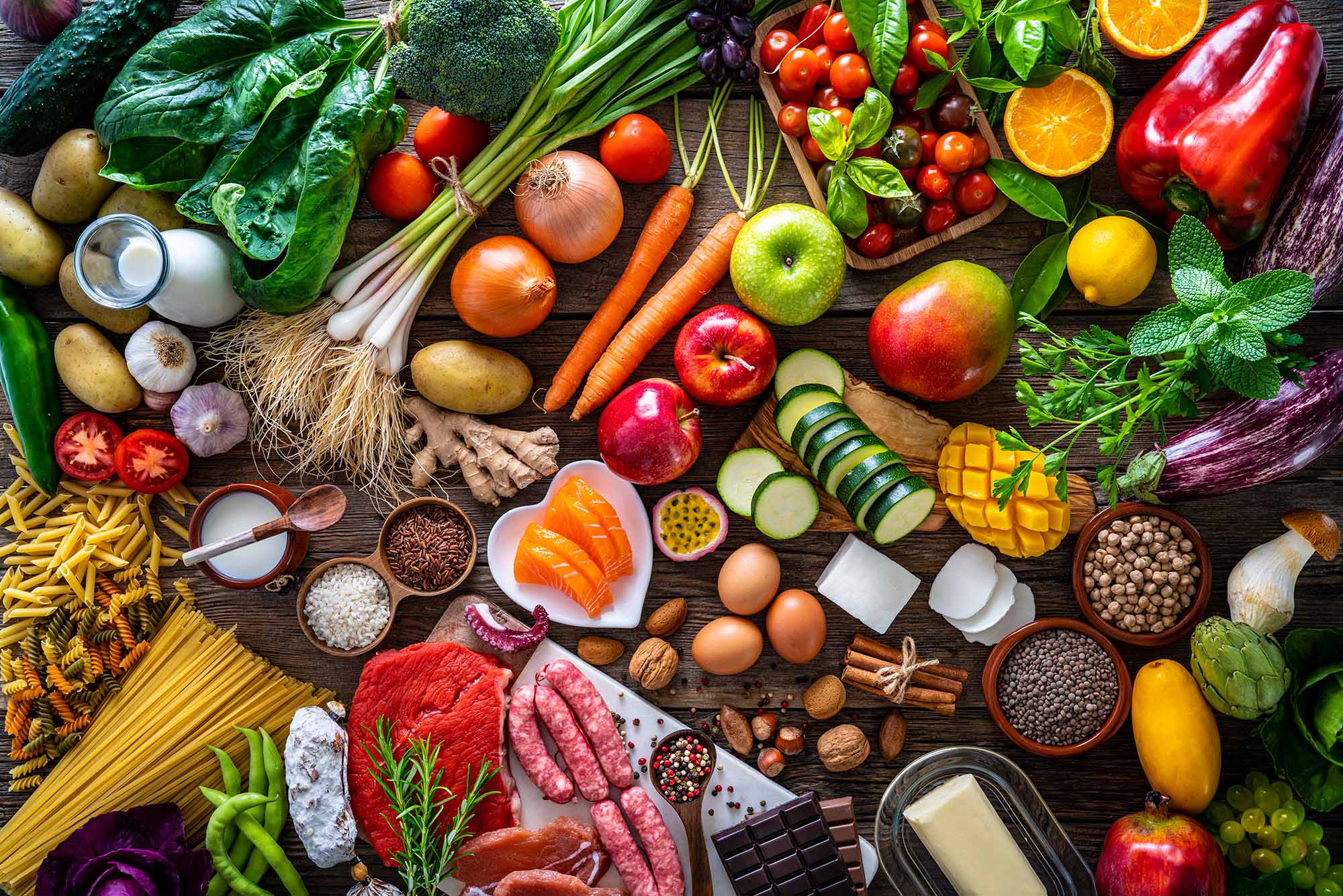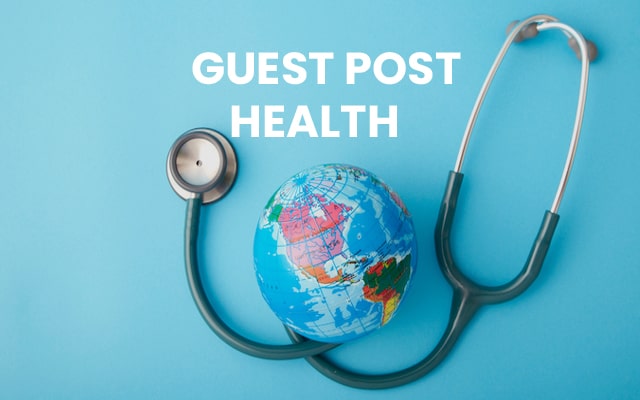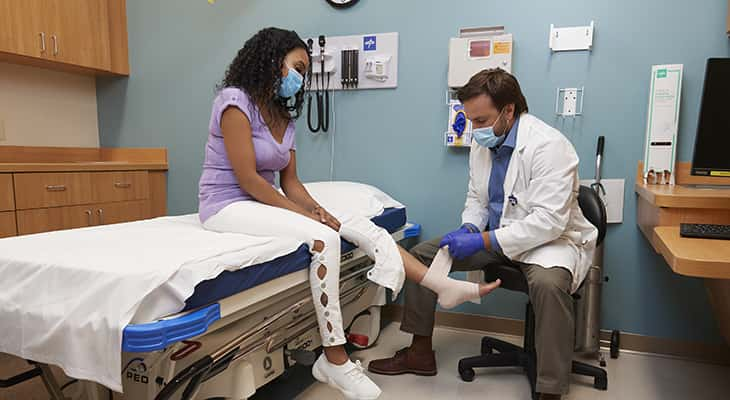A viral infection can be associated with symptoms such as a runny nose, sore throat, coughing, and fatigue. While there is no cure for the viral infection, certain foods and medications, such as Iverheal 12 mg, can help reduce symptoms by boosting the immune system and decreasing inflammation. Certain foods, on the other hand, may aggravate your symptoms or impede your recovery.
In this blog post, we will look at which foods to eat and which to avoid when you have a viral infection in order to lessen the severity of the dreadful symptoms during your next bout of the virus.
Eating Healthy to Fight the Virus
When you have a viral infection, it is critical to eat a well-balanced diet that provides your body with the nutrients it requires to strengthen your immune system. Here are some foods that can help you feel better if you have a viral infection:
Soups and broths that are warm
According to studies, warm liquids can soothe a sore throat, clear nasal passages, and relieve congestion better than other liquids. Choose chicken soup or vegetable broth, which are high in vitamins and minerals that will help your immune system and alleviate symptoms of upper respiratory tract infections.
Fruits Citrus
Citrus fruits, such as oranges, lemons, and grapefruits, are high in vitamin C, a potent antioxidant that can boost your immune system. To reap the benefits, drink a glass of fresh orange juice or include red bell peppers, papaya, sweet potatoes, broccoli, Brussels sprouts, butternut squash, and tomatoes in your meals.
Ginger
Because of sesquiterpenes, a chemical that specifically targets rhinoviruses, the most common family of cold viruses, as well as chemicals that reduce coughing, ginger is one of the best foods for a viral infection. It also contains gingerols, which are anti-inflammatory and can help relieve congestion and sore throats. When you have a viral infection, make ginger tea by steeping freshly grated ginger in hot water and adding honey.
Garlic
While garlic will not help you get rid of your viral infection, it will clear out your nasal passages, which will make you feel better. Garlic contains allicin, which has antibacterial, antifungal, antiviral, anti-parasitic, and antioxidant properties that can help fight off that nagging viral infection.
Vegetables and leafy greens
Leafy greens, such as kale, spinach, and chard, as well as broccoli, spinach, kale, and other colourful vegetables, are high in vitamins, minerals, and antioxidants. These nutrients can reduce the frequency and severity of lower and upper respiratory infections significantly. For a nutrient boost, add them to soups, salads, or stir-fries.
Honey
One of the best foods for a cold and sore throat is honey. Its natural antioxidant and antimicrobial properties have disease-fighting properties and can protect you from a variety of viruses and bacteria. For relief, mix a spoonful of honey into warm herbal tea or a warm lemon water mixture.
Avoidance Foods
While it is important to focus on consuming nutritious foods, there are some foods that should be avoided when you are sick. These are some examples:
Foods high in sugar and processed foods
Sugary and processed foods can weaken your immune system and promote inflammation, making it more difficult for your body to fight viral infections. To be safe, avoid sugary snacks, sodas, processed snacks, and desserts until you have completely recovered.
Milk and dairy products
Scientists believe that dairy products can increase mucus production and worsen congestion in some people. Avoid or limit your consumption of milk, cheese, and ice cream until you recover.
Beverages containing caffeine and alcohol
Caffeinated and alcoholic beverages have been shown to dehydrate your body, which is counterproductive when trying to recover from a viral infection. Instead, sip a mug of green tea to stay hydrated.
Foods that are spicy and acidic
When fighting a viral infection, avoiding spicy and acidic foods may be the best move because they can irritate the nasal passage, causing more mucus to come out. Reduce your intake of these foods until your sinuses are clear and you are free of congestion.
In conclusion
There is no magic food that can cure a viral infection; eating a healthy diet and taking medicine can help your immune system and relieve symptoms. Viral care medicine is available online at Woodstock Family Medicine. While certain foods and medications can help alleviate viral infection symptoms, you should consult with a healthcare professional if your symptoms persist or worsen.




